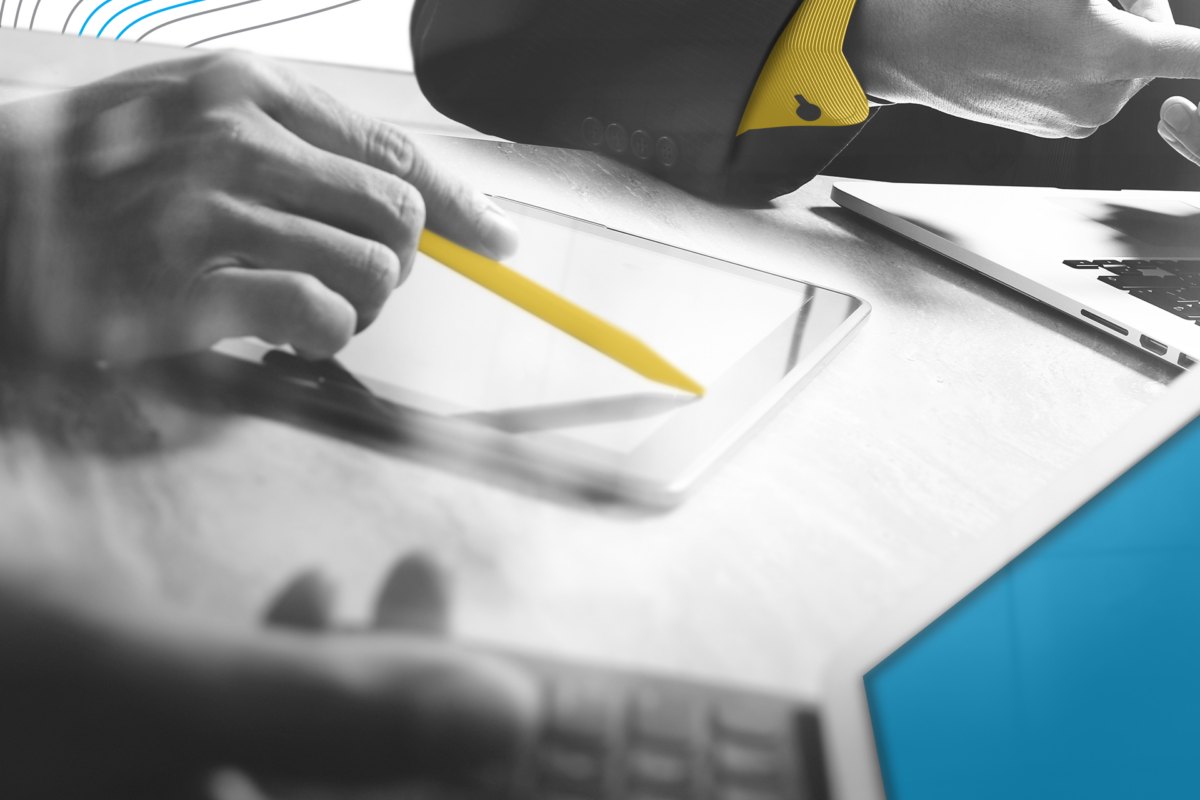FOR LAWYERS WITH ADHD
JDHD is an ecosystem that helps release the near-limitless untapped potential in lawyers with ADHD (whether they know they have it or not.)
Let’s make ADHD easier. Law is hard enough
With its array of professional consulting services—including 1:1 executive consulting, group coaching, intimate mastermind groups, a private Discord community, a podcast, CLE credit, and a novel approach to implementing “7 ADHD Fundamentals”—JDHD helps lawyers with ADHD find the right tools in the right place at the right time.
JDHD helps high achievers in and around the legal profession get diagnosed, get treated, and get to work in new and powerful ways.
Executive Consulting & Coaching
Executive Consulting & Coaching
Group Coaching & Mastermind Groups
Group Coaching & Mastermind Groups
ADHD Fundamentals
ADHD Fundamentals

Struggle less.
Succeed more.
Lawyers with ADHD struggle to find the right tools in the right place at the right time. JDHD curates content and resources—about ADHD, lawyering, timekeeping, billing, prioritizing, planning, and productivity—and makes them relevant for high-achieving lawyers and their law practices.
The promise of ADHD lawyers (finally) contributing how they can & and connecting their potential with their practice.

Paralegal Conference Oct. 2020


I am beyond appreciative for the mentorship and advocacy that you have extended. Please know that I am grateful for all you have done for me. You have truly set a standard for what it means to be awesome.
Wow. What a great day. You taught me the best way to do it myself. Teach a man to fish...
Marshall’s skills for project management and organizational development are impressive. He is a jack-of-all-trades, always willing to connect people and contribute in any way he can. He digs in and gets the job done. It is great collaborating with him.
I learned more from speaking to Marshall Lichty than I ever could have imagined. All my preconceived notions about ADHD are out the window.
Marshall exudes positivity and has a wealth of practical knowledge that you can easily apply to your profession and life. I’ve practised law for over 20 years, and for the first time, I have hope for the next 20.
My mom wants to meet you and give you a big hug.
I love what I do. I just wanted to REALLY do it. And I needed more help to figure out what I needed help doing.
1 million worry-free nights and weekends for lawyers with ADHD.
Unmanaged ADHD adds stress and struggle to your life and your law practice. Well-managed ADHD means building your practice your way and embracing worry-free nights and weekends like never before.
JDHD helps lawyers and law firms work better.
We answer all email requests as they come in. If you feel an urgent need for help or solidarity, please click the link below to give us a call.
